Did I hear a knock at my door? I stopped what I was doing, listening more attentively. South Africa had been on lockdown for over a week, so I wasn’t expecting visitors. Especially since the rural townships in the Sundays River Valley (SRV), Eastern Cape, where I was carrying out my fieldwork, were half an hour’s walk from my house. I ruled out the possibility it could be a neighbour. Apart from the monkeys that every night jumped on the roof, my only neighbours were the owners of the Bed and Breakfast, who stayed down the road; I doubted it was them. When there was another knock, I got up and went to the door. Outside were Mary and Anni, my closest friends from the township. Since my house was across the highway at the edge of town, they had completed quite a journey: to reach me, they had to walk along railway tracks by the edge of the township, pass the crumbling train station, scale a barbed wire fence, cross the highway, walking the last stretch through a snake-infested underbrush.
“We promised we would come to check up on you”, they told me, laughing. We enjoyed a couple of hours with good food and my last bottle of Amarula. When they got up to leave, I followed them to the edge of the highway where I stopped to see them off. They gave a dumbfounded look in return. Couldn’t I at least walk with them through town before turning back? I professed how I thought the risk too high, stuttering about how my visa would be revoked if the police caught me. They sighed, but assured me how they understood my concerns, while doing little to disguise the frustrated resignation in their voice. Walking back to my house, I felt a nagging guilt. The next morning I had made a decision with far-reaching consequences. I got in my car, took a less frequented road into the township and turned up at Mary and Anni’s house. Starting from that day, I would violate the curfew on a fairly regular basis, traveling into the township or hosting people at my place. My initial strategy was to pretend I was going to dump my garbage. The route to the dumping site happened to go through the township. Soon, I was disposing garbage bags every second day.
To reach me, they had to walk along railway tracks by the edge of the township, pass the crumbling train station, scale a barbed wire fence, cross the highway, walking the last stretch through a snake-infested underbrush.
As part of the national lockdown in South Africa, announced on the 23rd of March, a curfew was implemented, which only permitted trips outside the home to buy households essentials, visit a pharmacy or to seek medical assistance. In the townships in SRV, movement outside the home was only allowed between 10 am and 16 pm. If strictly implemented, this new regulation would turn the townships on their head. I hardly knew about a single household where the members over the course of a day didn’t venture out of their house for some type of errand or received visitors. When I discussed the upcoming lockdown with informants, I was struck by how hardly anyone opposed it, although they were concerned if the state really would provide relief for those who would be hardest hit by the new regulations. At the time, politicians, experts and journalists all shared their concerns about the ramifications of the lockdown for the formal economy. I, on the other hand, wondered more about the impact on informal economic activity in the townships, where a substantial number of residents got by through doing everything from piece work to lending money. Officially, the restrictions would be in place for three weeks, but it was never a secret that residents right from the onset violated the curfew fairly regularly.
I had been in the field since September 2019, on a project studying survival strategies in the townships located close by some of the country’s largest game reserves, paying particular attention to the impact and use of social grants. Part of what drew me to this project was the opportunity to investigate what the exchange of money and resources within and between households could teach us about how notions of well-being were reproduced, or resisted. Although people increasingly had begun to take my presence for granted, I worried if the relationships with my informants were strong enough to endure prolonged periods without face-to-face encounters. Since President Cyril Ramaphosa addressed the nation on a Tuesday, I was left with a small window of three days to draft a plan for the following three weeks, before the country would officially close on the subsequent Friday. My most pressing concern was of course that I wouldn’t be able to talk to my informants on a regular basis. Several of them didn’t have phones, with those who had frequently running out of WhatsApp data. My ‘ingenious’ last minute solution was to buy up piles of small notebooks and pens at the local supermarket, and then distribute them around, asking people to record their impressions and daily activities during lockdown.
The perceived threat of the virus faded in comparison with these immediate concerns.
Despite the police vans regularly patrolling the streets, movement in the township didn’t cease. A major issue was water access. Typically, running water was limited to a couple of hours each day, but sometimes several days could pass without so much as a drop falling from the tap. Sometimes only a handful of the houses would have water in their taps. As a result, residents were dependent on getting water from those households that either had managed to save up water in a tank, or were fortunate to have running water that day. In Anni’s street, only the house at the very end had an outside tap that only rarely went dry. Then there were those who depended on borrowing small amounts of cash to buy food and electricity. The perceived threat of the virus faded in comparison with these immediate concerns. Such transgressions were easy to fathom, given how the anticipated relief provisions from the state never materialised.
Unlike in Europe, I never encountered anyone who described their actions as a form of political protest. Informants told me numerous times how they appreciated the intention behind the lockdown, but when the state failed them, the population should be allowed to break the curfew if it was necessary for their survival. However, I struggled to get my head around why seemingly trivial visits continued. Those who used to spend parts of their day at the house of a family member or a friend, for company and dinner, continued doing so. For many of my friends, the fines they would be forced to pay if the police caught them were higher than their household’s collected monthly income. Why take that risk?
It didn’t take many days following the official start of the lockdown before I began to feel the effect of being barred from social interaction. Since we were allowed to visit shops to buy essentials, I made daily trips to town. I tried to coordinate meetings with informants during these trips, the only way of meeting them face-to-face. As the days went by, I began to notice a pattern in our conversations. They expressed a deep concern for my social and physical well-being. Daniel, for example, checked in on me to make sure I hadn’t stepped on a snake or been ambushed by a rogue baboon. However, like everyone else, he would inquire about how I was dealing with the isolation, if I was eating all right and so on. Sometimes informants would surprise me with prepared dinner dishes when we met by the stores. Other days I received invitations to stop by to pick up a dinner plate, and when I declined, they insisted on visiting me, which I also said no to – until they decided enough was enough, and turned up by my door.
They expressed a deep concern for my social and physical well-being.
The visit by Anni and Mary changed everything. I found myself in a type of Catch 22 dilemma: I had a responsibility for the well-being of my friends and informants, which included an expectation that I, too, would visit them. But to accomplish this I would violate the lockdown, thereby potentially exposing them to the risk of fines and/or the virus. However, if I chose to stay at home, I suspected they would continue to stop by, risking being hauled off by the police, while we also would be at risk of infecting each other. In the end, the guilt over how my indecision was causing my informants to risk the possible repercussions of breaking the law became the tipping factor that led me to break the curfew instead.
During these weeks, concerns about infecting others were not particularly strong among my informants. As long as no one was infected locally, the virus remained an abstract threat, which paled in comparison to more immediate concerns. Since the threat was perceived as coming from the outside, few considered it likely that they could be at risk as long as they only socialised with others in the townships. I knew about a few who decided to avoid everyone except close family and friends, but complete withdrawal from social interaction was rare, as the weight of moral obligations, routine and boredom was keenly felt, especially given how the threat of the infection was perceived.
The guilt over how my indecision was causing my informants to risk the possible repercussions of breaking the law became the tipping factor that led me to break the curfew instead.
This decision proved to have positive long-term effects on my fieldwork: meeting informants face-to-face and just being visible in the township built trust. Most expected me to flee back home on the onset of the pandemic. Those who knew I was staying assumed I would wait out the first phase of lockdown in the comfort of my grotesquely oversized house. That I instead violated the curfew did intensify the bonding that came from living together through the hardship of the lockdown and the overhanging threat of pandemic.
However, there is a certain audacity in being privileged enough to even find oneself in this position in the first place. Being a white male from northern Europe, informants correctly assessed I was in less danger of being accosted by the police. Moreover, I would find myself in a much more advantageous position should I catch the virus, with my European health insurance and a rental car at my disposal. Even other anthropologists might not have been so fortunate.
There is, however, another lesson, about empathy, which would have far broader ramifications for both my research and personal well-being. Before lockdown I had become fixated on following the money. This drove me to anticipate that established reciprocal relationships would suffer when an external shock, such as the pandemic, significantly reduced opportunities for wealth accumulation. When so many households lost their main sources of income, I was quick to look for any signs of reciprocal relationships being adversely affected, and to discover whether this would create more tension in and outside of the household. But while tensions ran high, especially within households, most relationships endured. My mistake had been to overlook how participation in these reciprocal relationships also encompassed a broader responsibility for each other’s well-being, one that went beyond financial assistance. The significance of acts such as letting a friend spend the day in your house, or visiting someone who lives alone, is clearer when the prevalence of chronic diseases and rampant substance abuse is taken into account. Some people are dependent on assistance in the home, with chores such as washing or cooking. For others, spending the day outside their house with a close friend is a necessary break to rest their weary mind and body. These relationships seemed more attuned to their members’ mental well-being than the participants might recognise, as mental issues are little talked about.
The significance of acts such as letting a friend spend the day in your house, is clearer when the prevalence of chronic diseases and rampant substance abuse is taken into account.
Reciprocal relationships encompass several dimensions, the financial being but one. When my key informants confessed how they had to prioritise their own household’s survival, the boundaries of financial support contracted, but the relationships themselves endured – partly since they showed a remarkable understanding of each other’s financial situation, partly because these relationships encompassed a wider dimension of caring. These were insights I doubt I would have arrived at if my informants hadn’t gone to such lengths to care for my well-being.


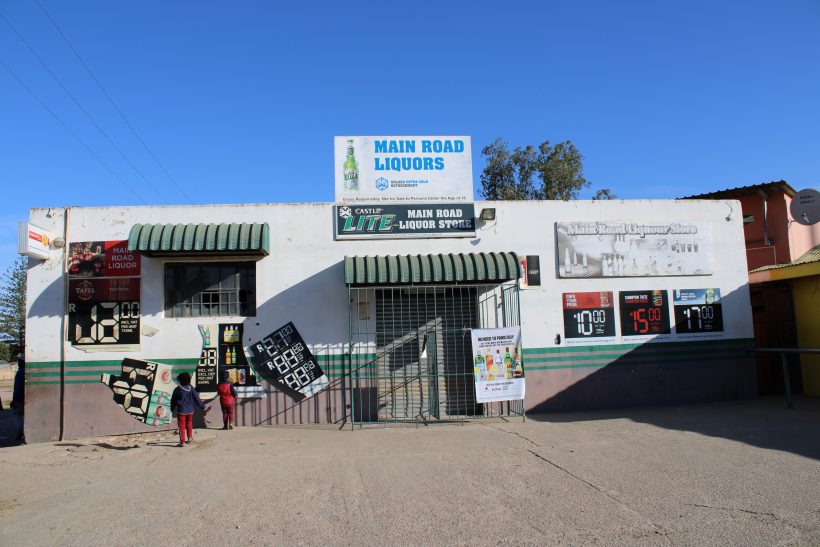
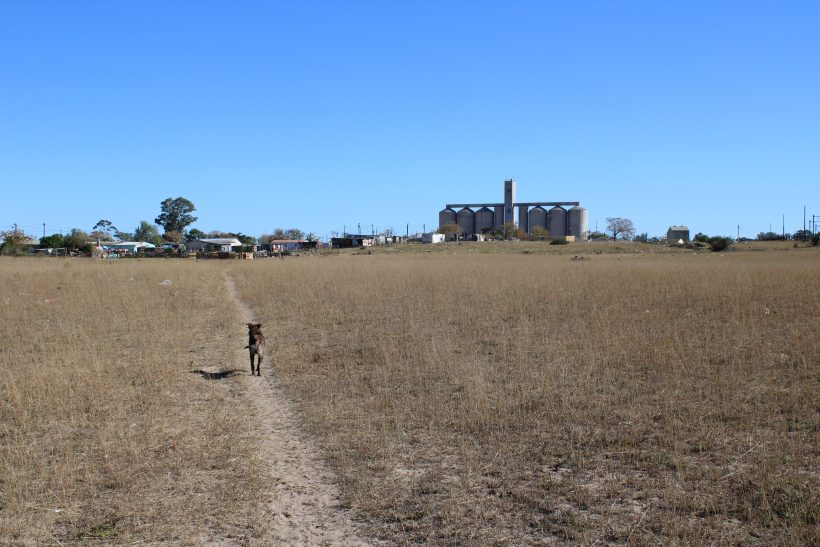
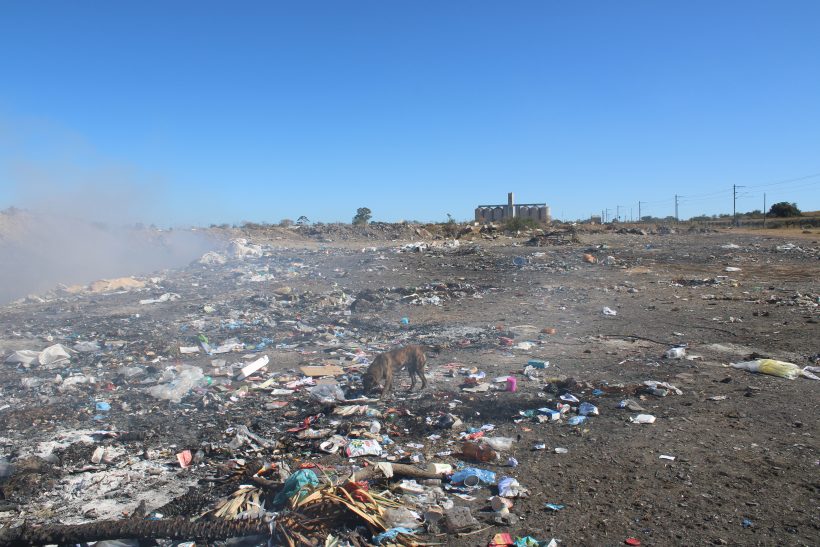
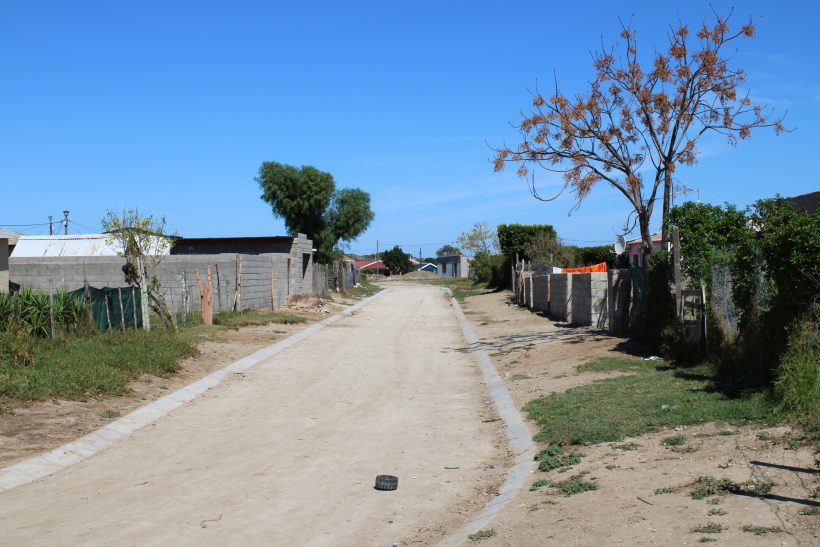
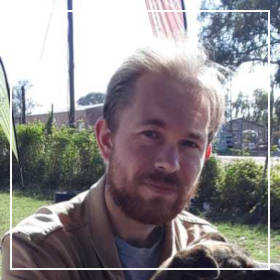



Interesting article that pinpoints the value of close relations and friendships for mental well beeing during the Corona pandemic lock down.